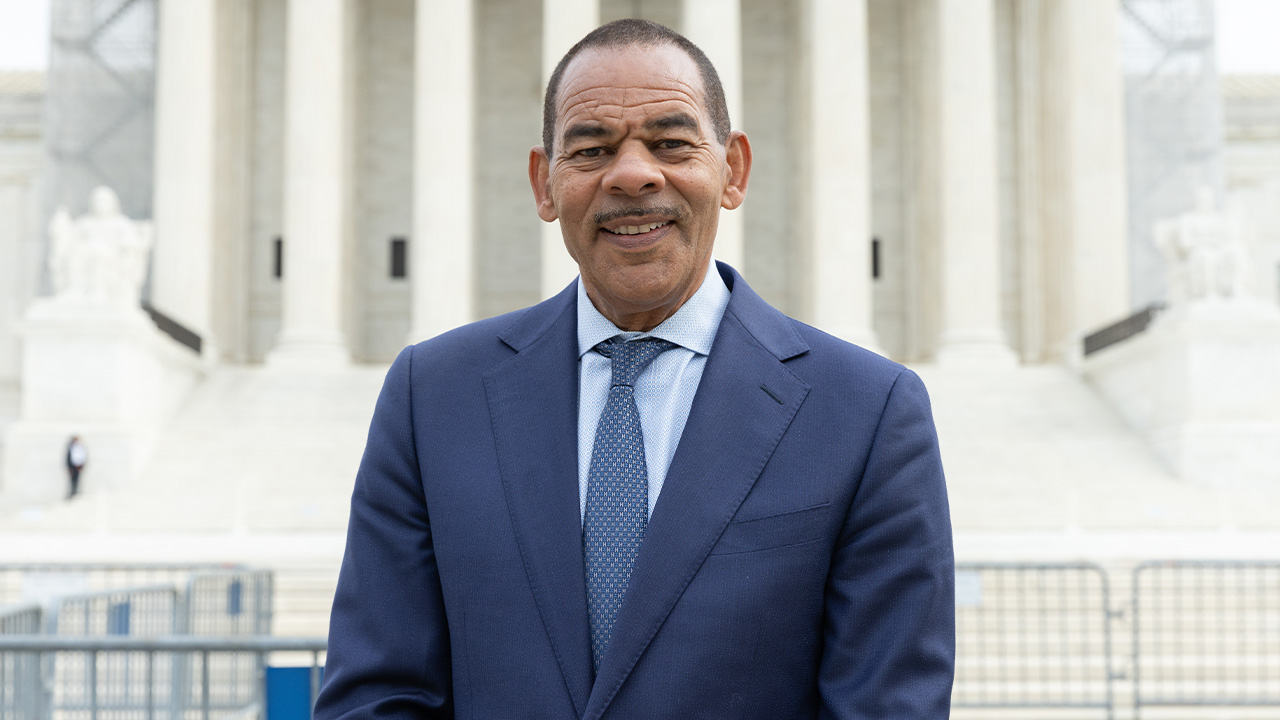Construction projects are often difficult. Many different considerations need to be reviewed by board members, which often result in complicated business negotiations. One crucial consideration for board members is the fact that you are using other people’s money for the project being contemplated by the association or country club. Unlike when you are doing a project for your own private home or property, when doing a project for an entity, it is vital for board members to put in place contractual protections for the benefit of the project and the money being spent for the benefit of the members.
Performance and payment bonds on construction projects provide an additional layer of protection for the benefit of the organization and its members. As such, they are regularly recommended by counsel representing community associations or country clubs. These bonds come in two parts (1) a performance bond which protects against non-performance of the contract requirements by the contractor, and (2) a payment bond which protects in the event payment is made by the entity to the contractor and the contractor fails to pay its subcontractors or suppliers on the project.
In Florida, there are two versions of a payment bond, (1) an unconditional payment bond and (2) a conditional payment bond. An unconditional payment bond has the effect of removing the lien rights from the real property and placing any non-payment claims against the payment bond issued by the bond surety. With an unconditional payment bond, if there is any dispute regarding payment to a subcontractor, the bond surety will likely immediately step in and protect the association or club by making payment to the claimant. However, with a conditional payment bond, the surety’s obligation under such bond is only triggered after payment is made on the applicable invoice or payment application requested by the contractor. This may become problematic if the association or club has exercised its contractual right to withhold payment for some reason, such as defective work. As such, unconditional payment bonds are the preferred type of payment bond due to the increased protections provided by the same.
It is easy for someone to opine that performance and payment bonds are a waste of money, but there are many circumstances where such bonds may protect the organization, its members and its project. One example that comes to mind very recently was when a well-known contractor working on an ocean-front condominium suddenly reported that its principal had come down with a significant medical condition. Within two weeks, that contractor had filed for bankruptcy protection, which resulted in payment and performance issues on various projects throughout South Florida. Those communities with a performance and payment bond in place were ultimately fully protected, their projects completed and their subcontractors paid in full without additional cost. However, those entities which did not have a performance and payment bond in place spent countless dollars in bankruptcy court and were forced to retain additional contractors at significantly increased costs.
Another example of where such bonds may be important is when a contractor simply shows up one day and reports that he/she is in financial distress. If the contractor doesn’t pay the subcontractors on the project, the work will undoubtedly stop, subcontractors will go unpaid, and liens will begin to be filed against the real property.
Accordingly, it is essential for country clubs and associations to consider performance and payment bonds on construction projects as they provide an additional layer of protection. Counsel may assist board members by reviewing construction contracts, adding the requisite requirements for such bonds to the contract, and checking the bonds for accuracy and compliance with contract requirements. The extra security provided by such bonds can be worth its weight in gold.
-Edward S. Hammel, Esq. of Sachs Sax Caplan PL













